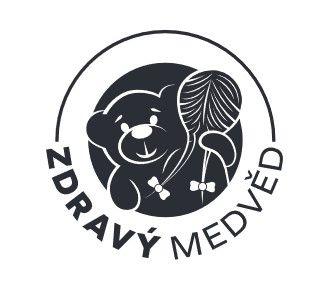Characteristics: Astaxanthin is a carotenoid produced by microalgae (Haematococcus pluvialis) during periods of stress. When these algae are exposed to adverse changes in their environment, such as excessive sunlight, increased salinity, or lack of nutrients, they produce powerful antioxidant astaxanthin. This carotenoid gives the many sea creatures (salmon, krill, crustaceans, and crayfish) that consume these algae their red color. Unlike beta-carotene (orange-yellow carotenoid), it does not show vitamin A activity. Astaxanthin is used as a dietary supplement or as a food coloring in salmon, crab, shrimp, chicken, and egg production.
Absorption: Astaxanthin is a fat-soluble carotenoid, so it should be taken with a meal containing fat.
Dietary supplements: Optimal doses of astaxanthin have not been established. Most studies used doses in the range of 2‒12 mg per day.
Natural sources: Astaxanthin is present in most red colored aquatic organisms. The content varies from species to species, but also from individual to individual, as it is highly dependent on diet and living conditions.
Effect: Natural astaxanthin is sold worldwide as an antioxidant dietary supplement. Exceeding the antioxidant power of the well-researched lutein and zeaxanthin, it supports eye health, heart health, reduces inflammation throughout the body and improves skin quality by increasing its elasticity, hydration, reducing redness and wrinkles with less depth.
Recommended daily dose: The recommended dosage ranges from 4 to 12 mg per day, depending on the desired effect. 4 mg per day has been shown to have positive effects in reducing inflammation, but up to 12 mg per day provides a greater therapeutic dose for those who need higher levels of antioxidants.
Side Effects: Common side effects include gastrointestinal symptoms such as diarrhea. At extreme doses (48 mg per day), the stool may acquire a reddish tint due to the red pigmentation of astaxanthin.
Interaction: Not documented.
Pregnancy: Contraindicated due to lack of information.
Breastfeeding: Contraindicated due to lack of information.
Toxicity: The FDA has listed astaxanthin as GRAS (generally recognized as safe) at a dose of 6‒8 mg per day if its source is the algae Haematococcus pluvialis or the bacterium Paracoccus carotinifaciens. Astaxanthin has a good safety profile at short-term daily doses up to 100 mg and long-term daily doses between 8‒12 mg.
Astaxanthin
Chat with us on WhatsApp



